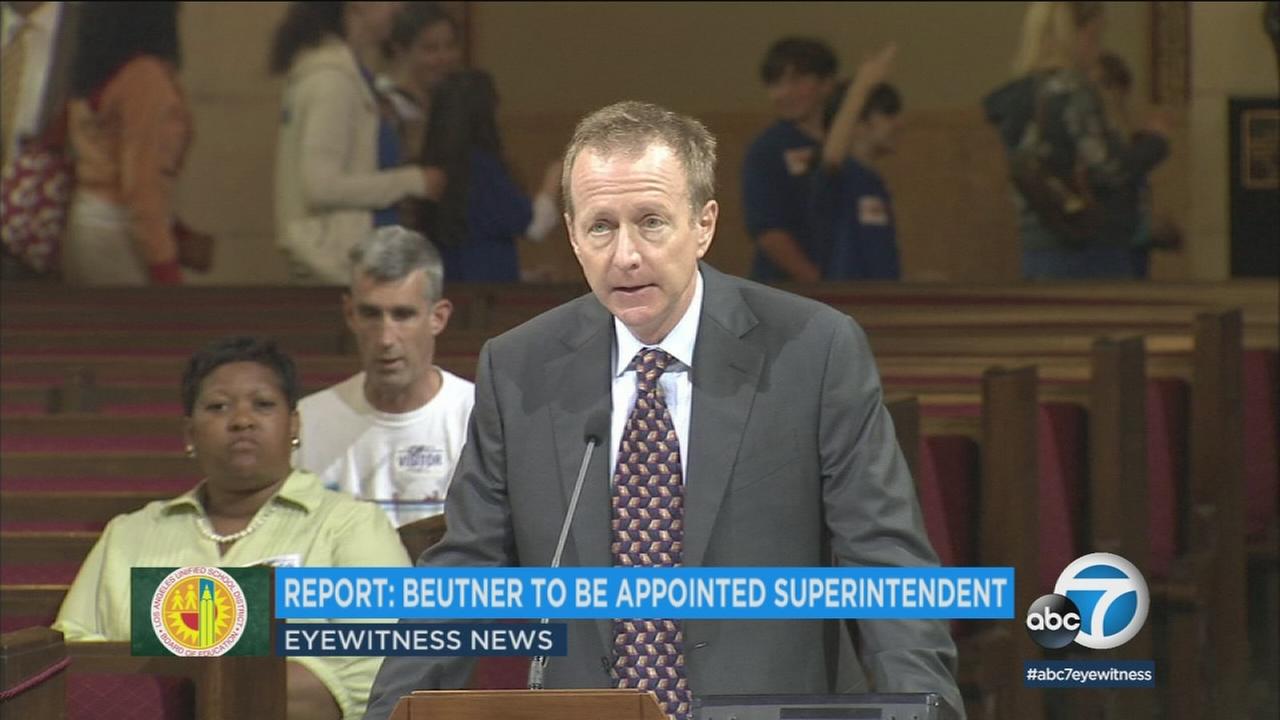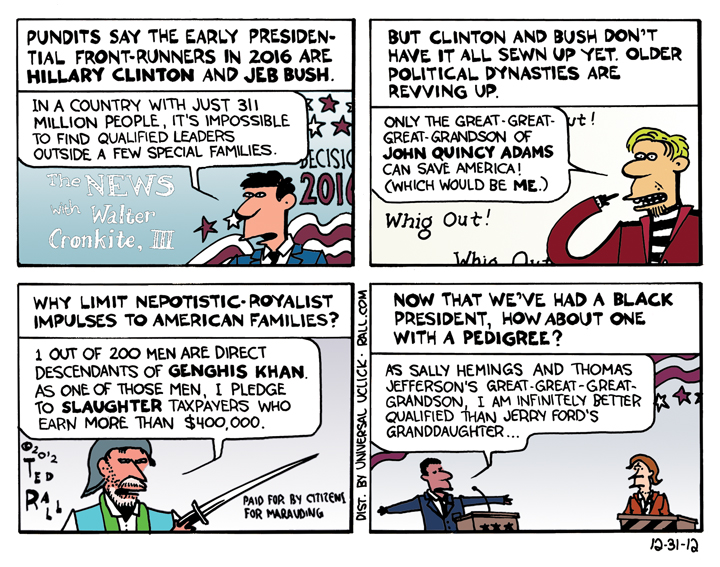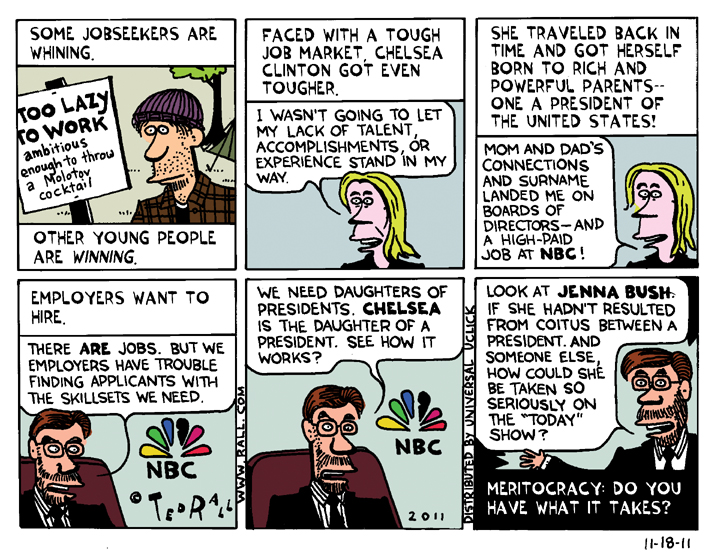
From mainstream left to mainstream right, the media deluge of Trump postmortems share the assumption that 45 represented a departure, deviation or innovation from the comportment and policies of previous American heads of state. True, he was the first man elected president without political or military experience. And as I have previously observed, Trump revolutionized campaigning by relying on social media instead of big travel budget and ad-libbing rather than repeating a pre-packaged stump speech.
But there was nothing new about the way he governed.
In policy, even with his vicious tone, Trump was a typical Republican president. Ford told New York City to drop dead, Reagan called Blacks “welfare queens” and dog-whistled to the Klan, Bush legalized torture—nothing Trump did was worse than those. In some respects, Trump wasn’t much worse from Democrats.
Trump’s low approval ratings following the second impeachment for his January 6th coup d’état attempt, and the revulsion most Americans currently feel for him give us a rare opportunity to acknowledge an ugly truth. Our nation’s political culture is toxic and has been for a long time; we tend to elevate politicians who reflect our basest and coarsest inclinations. In this respect, Trump was the perfect president for us.
During the 2016 campaign Trump shocked many of us by gleefully encouraging violence, as when he offered to pay the legal bills of a MAGAhead who beat up a liberal protester. He continued to spew bloodthirsty rhetoric throughout his four years in office (like when he implored cops “please don’t be too nice” to suspects), up to and including the day of the Capitol riot that left five people dead. The politics of degeneracy.
Yet Biden is no improvement. He’s a continuation.
You don’t get admitted to the ruling classes unless you pledge fealty to the might-makes-right politics of American empire. So when a technocrat in a nation with a smidge of respect for the rule of law might soft pedal or deny involvement in a brazenly illegal political assassination for which he ought to spend the rest of his life in prison, dirtbag American leaders brag about fomenting murder. “If you are looking for a bumper sticker to sum up how President Obama has handled what we inherited, it’s pretty simple,” then-Vice President Biden smirked during Obama’s 2012 reelection campaign. “Osama bin Laden is dead and General Motors is alive.”
That followed Secretary of Hillary Clinton’s disgusting reaction to the murder of Libyan ruler Moammar Ghaddafi. “We came, we saw, he died,” she cackled after viewing the dictator being sodomized by a bayonet wielded by a U.S. ally after his convoy was blown up by a U.S. drone missile.
At a September presidential debate Biden hypocritically accused Trump of using “racist…dog-whistle” language. The new President has a long history of spewing similar verbiage while arguing for right-wing legislation that destroyed Black lives. “We must take back the streets,” Biden said, sounding like Charles Bronson in “Death Wish” while fighting for his infamously racist 1994 crime bill. “It doesn’t matter whether or not the person that is accosting your son or daughter or my son or daughter, my wife, your husband, my mother, your parents, it doesn’t matter whether or not they were deprived as a youth. It doesn’t matter whether or not they had no background that enabled them to become socialized into the fabric of society. It doesn’t matter whether or not they’re the victims of society. The end result is they’re about to knock my mother on the head with a lead pipe, shoot my sister, beat up my wife, take on my sons.” Everyone understood who “they” were: Blacks.
It might be reasonable to brush off this 26-year-old rant as the product of a political mind still in development—except for one thing. Biden has never apologized for either his racist dog-whistling or his racist legislation.
Until and unless you recant and make amends for your past, your past is your present.
One stain on Trump’s presidency was emoluments—using his office for personal financial gain. Biden’s actions on behalf of his son Hunter may not rise to the frequency of the Trump family’s rampant nepotism. Morally and ethically, however, selling access to the (vice) presidency is a distinction without a difference.
Trump’s worst sin was his repeated lying, even about such inconsequential matters as the attendance size at his inauguration. But Biden is a serial liar too. During a primary debate with Bernie Sanders, Biden looked right into an incredulous Sanders’ eyes and said he had never voted for the Hyde Amendment, which prohibits federal funding of abortion. In fact, he had supported it repeatedly, for many years. Typically, he never admitted wrongdoing.
Biden lied about supporting civil rights. He even falsely claimed to have been arrested by police in apartheid-era Soweto, South Africa. His best-ever fib was smearing the man involved in the car wreck that killed his first wife and young daughter; he claimed the driver had “drunk his lunch” when, in fact, he was sober and the accident was his wife’s fault.
Again, you could dismiss Biden’s lies as youthful immaturity. After all, he was six months younger when he lied in Sanders’ face. The problem for us is, he’s still at it.
In December Biden said he wanted to send Americans a $2,000 stimulus check in order to prop up the economy. Congress approved and Trump signed a bill granting $600 instead. Now the Weasel-in-Chief says Trump’s $600 was a “downpayment”—so we’re only getting, assuming that Congress approves, $1,400. (Never mind that single payments are a joke compared to the 80% of salary, paid monthly, issued to victims of COVID-19 lockdown victims in the United Kingdom, 70% in South Korea, etc.)
Don’t be fooled by Biden’s tight-fitting suits, a distinct sartorial improvement over Trump’s glossy too-long red ties, or his phony aw-shucks grin, an aesthetic improvement over Trump’s ridiculous scowl. In the ways that matter most, back to normal is exactly the same as the weirdness of the last four years.
(Ted Rall (Twitter: @tedrall), the political cartoonist, columnist and graphic novelist, is the author of “Political Suicide: The Fight for the Soul of the Democratic Party.” You can support Ted’s hard-hitting political cartoons and columns and see his work first by sponsoring his work on Patreon.)




